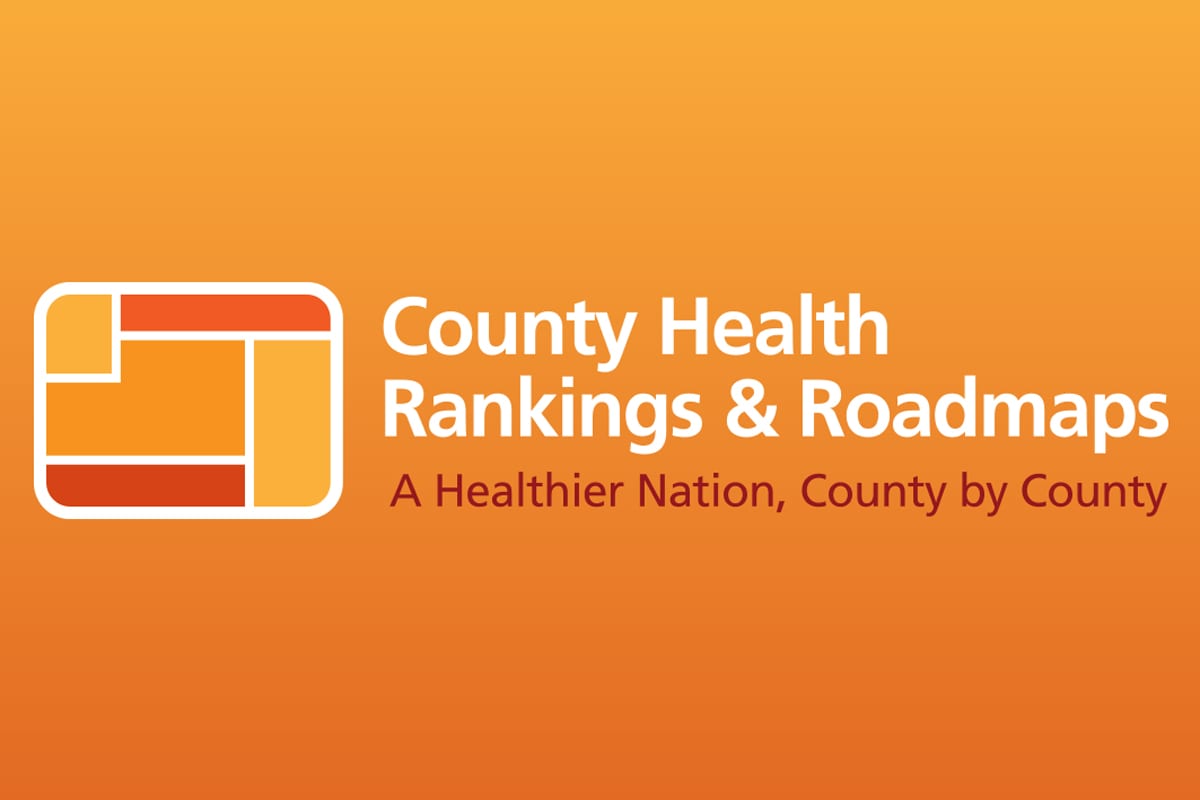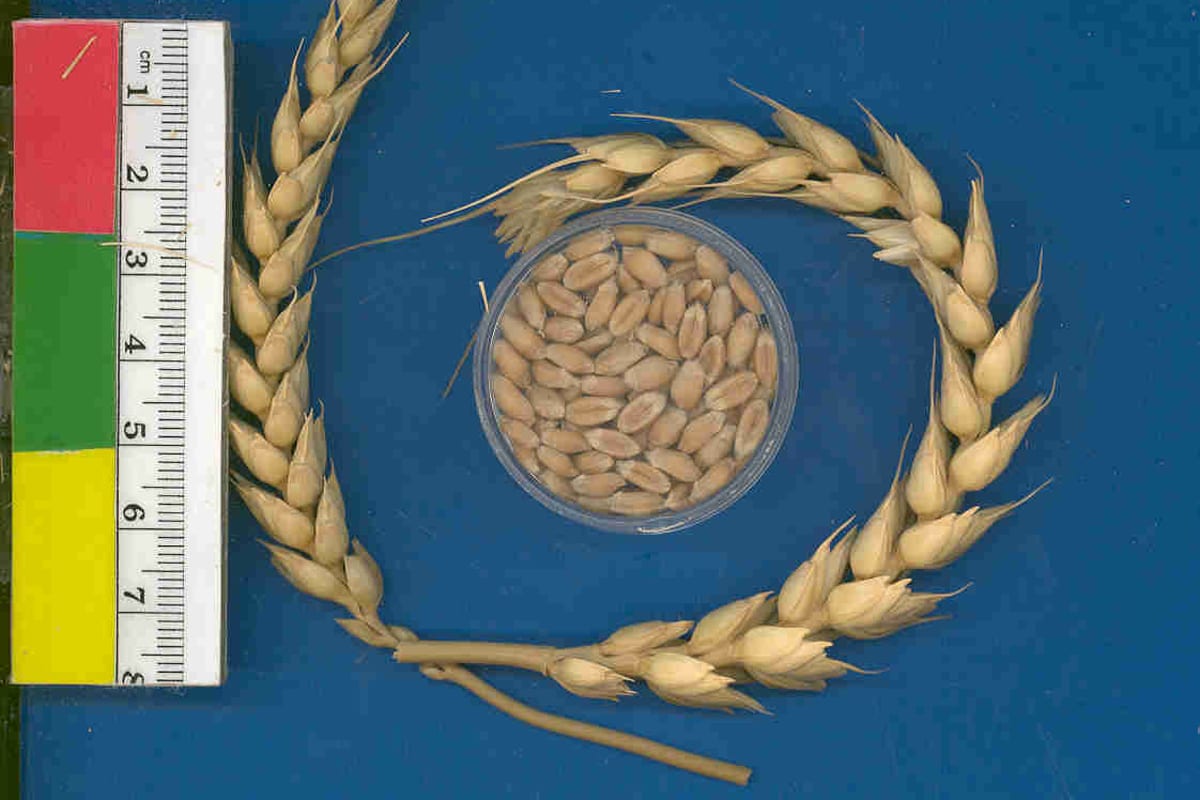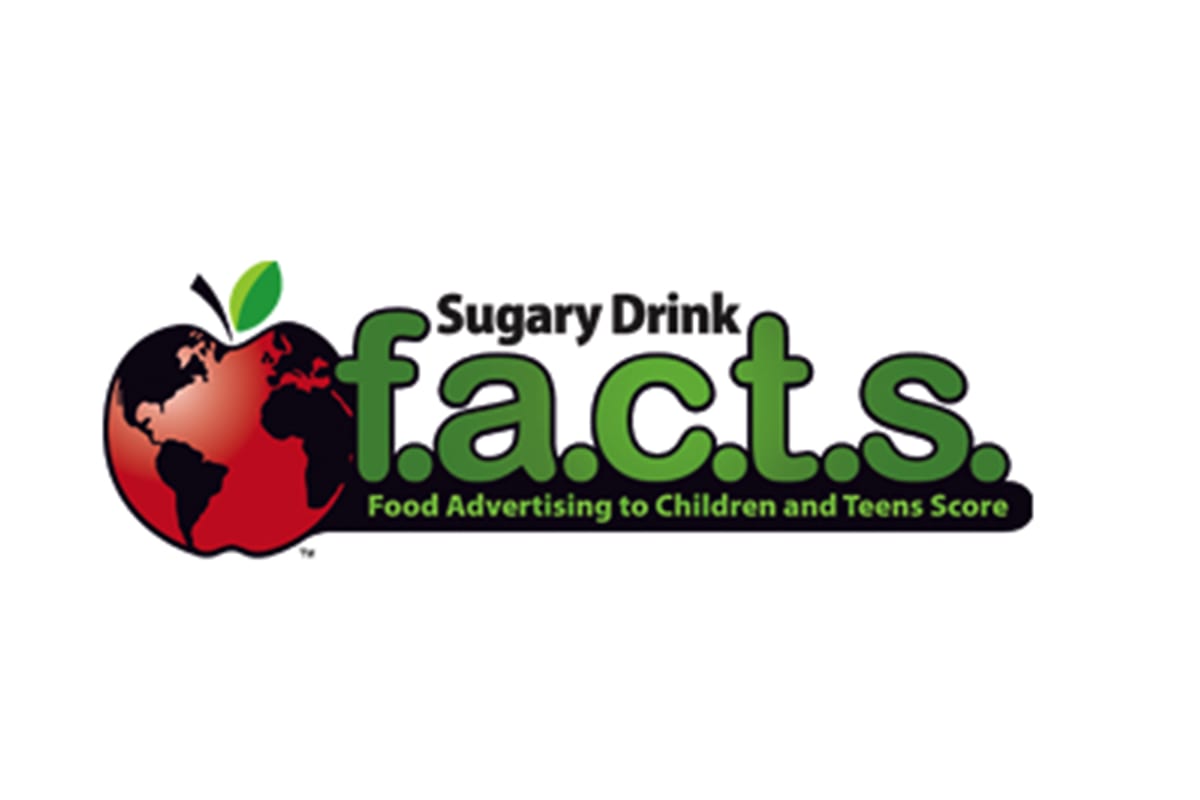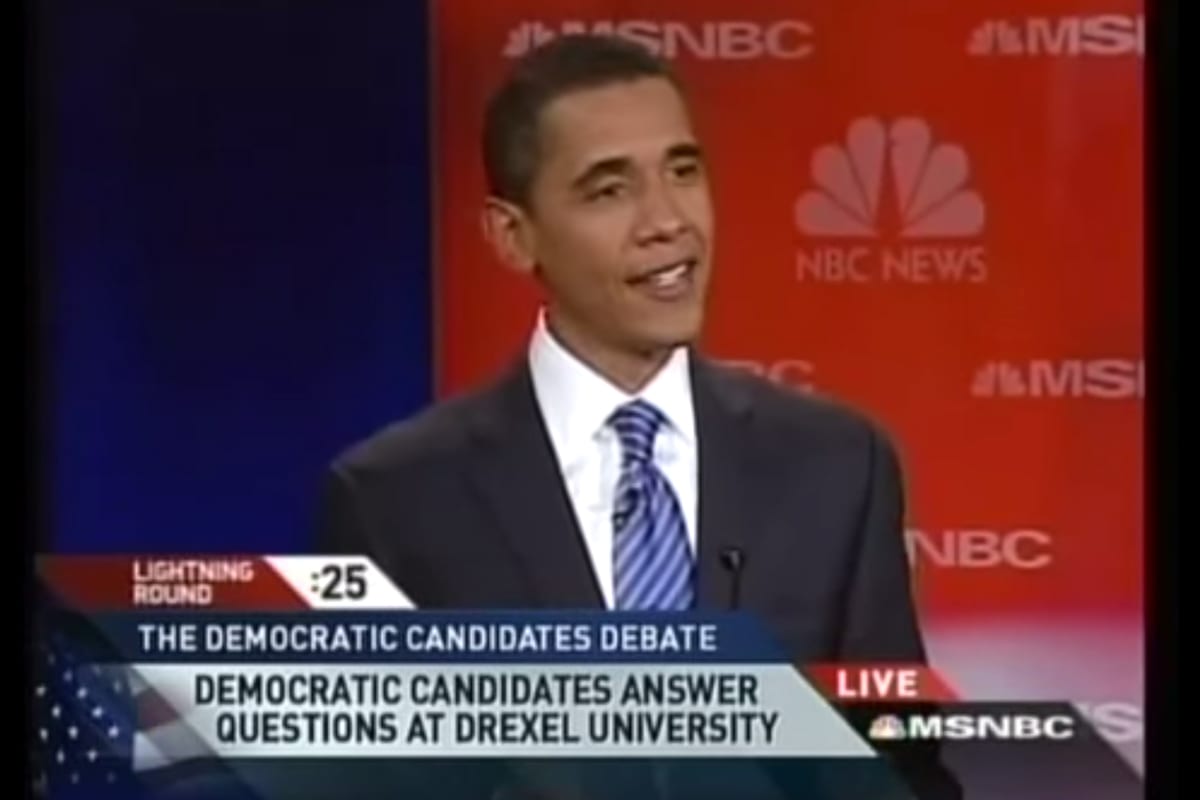Media Relations Posts
How Healthy Is Your County?

The University of Wisconsin Population Health Institute and the Robert Wood Johnson Foundation (a Burness client) released the 2012 County Health Rankings. The Rankings highlight the healthiest and least healthy counties in every state, as well as those factors that influence health outside of the doctor’s office
Junk Food Is Widely Available in U.S. Schools—but New Standards Are Coming Soon

The U.S. Department of Agriculture (USDA) announced healthier new standards for school meals. Soon, students will find more fruits, vegetables and whole grains on their cafeteria trays, and these meals will be subject to stricter limits on calories and salt.
Arctic Seed Vault Receives Seeds from Syria, Trendy Amaranth and Barley, Plus High Altitude Wheat

The Global Crop Diversity Trust, a Burness client, maintains the seed vault in partnership with the Norwegian government and the Nordic Genetic Resources Center, as a back-up to the living crop diversity collections housed in “genebanks” around the world. “The incredible range and importance of the seeds that have been sent here this week for safekeeping provide vivid examples of why we need to carefully collect and preserve our planet’s crop diversity,” said Cary Fowler, executive director of the Global Crop Diversity Trust.
Food and Farming at the Heart of Climate Discussion

Last week, a group of 14 international agriculture experts from around the world wrote an opinion piece in Science magazine urging the scientific community to address the importance of agriculture in the climate change debate.
Patients Want Easier Access to Their Doctors’ Notes

Would easier access to doctors’ notes improve patient health? 1 in 5 respondents to a survey in this month’s Annals of Internal Medicine said easier access would likely provoke them to take better care of themselves.
Sugary Drinks’ Not-So-Sweet Effect on Kids & Teens

The Yale Rudd Center for Food Policy & Obesity's Sugary Drink FACTS report recommends that beverage companies develop and market child-friendly products with less added sugar; make ingredient information more easily accessible; stop targeting teens with marketing for sugary drinks or caffeinated products; and remove nutrition-related claims from high-sugar products.
Artfully Answering the Wrong Questions with the Right Answers

Robin Hanson asks in a recent post on her blog Overcomingbias, “Why is modest question evasion so often tolerated in TV and radio interviews?” Her question was sparked by a study in the Journal of Experimental Psychology’s April Issue that found that listeners often won’t notice discrepancies between the question that was asked and the answer that is delivered as long as it is done smoothly and confidently.
Exposing Fast Food Marketing Practices
The Yale Rudd Center for Food Policy & Obesity released the most comprehensive study ever conducted on fast-food nutrition and marketing to children. The findings? Fast-food companies provide largely unhealthy side dishes and drinks as the default options with kids’ meals, and advertise to children as young as 2 across a variety of media.
Documenting the Road to Recovery Using New Media
Dr. Elliot Krane, of the Lucille Packard Children's Hospital and Stanford University Medical School and a Mayday Pain & Society Fellow, has a goal to end children’s suffering from chronic pain. One of the biggest barriers to better care for kids in his pain clinic is the lack of coverage for the treatments that will make them well.
Lessons in Crisis Communications
In a New York Times article by Peter S. Goodman, three corporate giants (BP, Toyota and Goldman Sachs) are scrutinized on the art—or not so much—of crisis communications. Each company facing unique challenges, their experiences are lessons worth learning, as any organization—despite good intentions—is ultimately responsible for appeasing public opinion. The article highlighted things to remember during a crisis.
